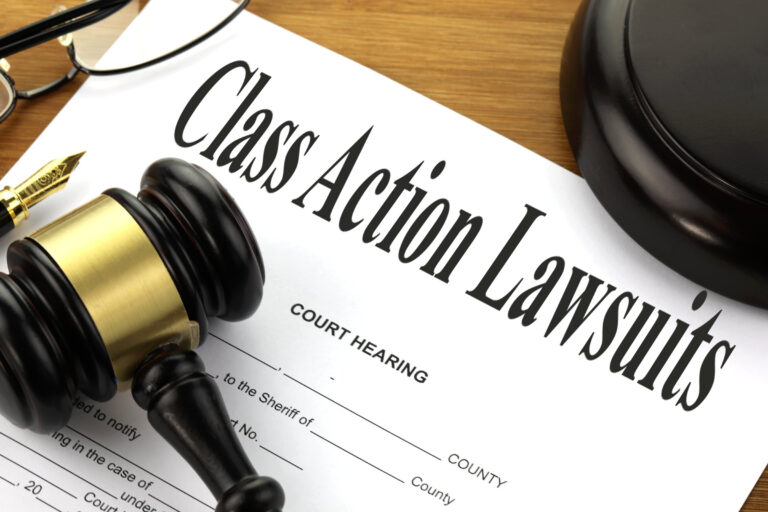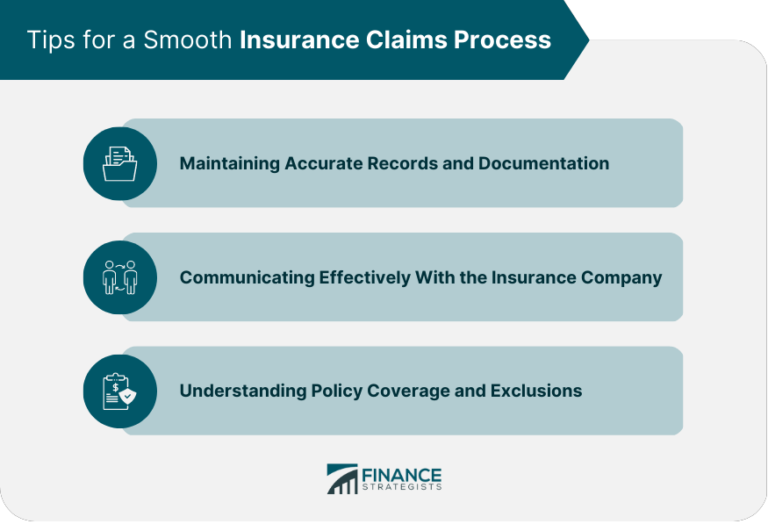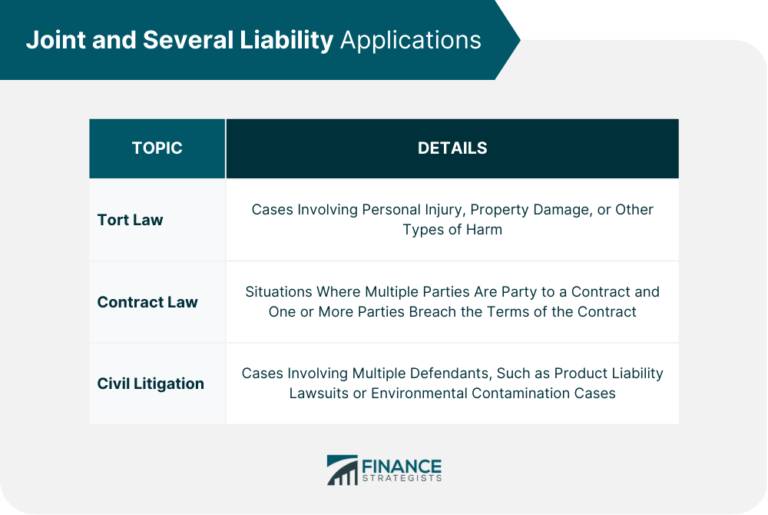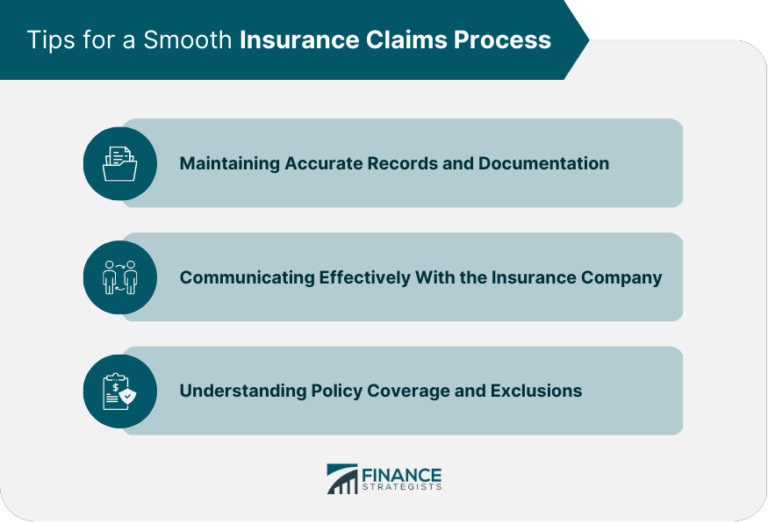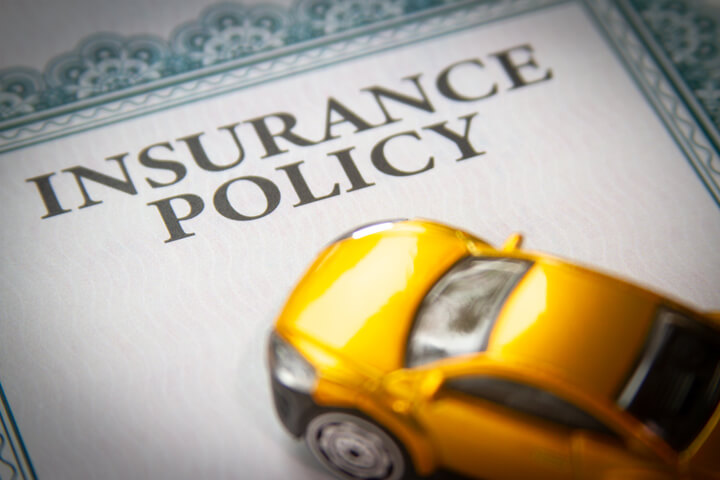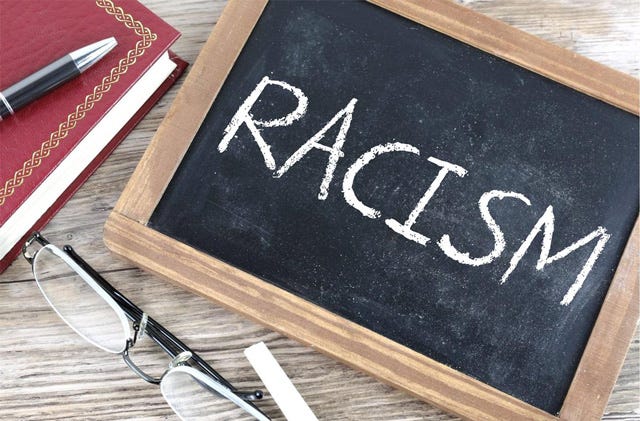Introduction
Definition of settlement and trial
Settlement and trial are two different approaches to resolving legal disputes. Settlement refers to an agreement reached between parties outside of court, where they agree to resolve their differences and avoid a trial. This can be achieved through negotiation, mediation, or arbitration. On the other hand, trial involves presenting the case before a judge or jury, who will make a final decision based on the evidence and arguments presented. Both settlement and trial have their advantages and disadvantages, and the decision to choose one over the other depends on various factors such as the complexity of the case, the potential outcomes, and the willingness of the parties to cooperate. Understanding the definition of settlement and trial is crucial in determining the best course of action in a legal dispute.
Importance of the decision
The decision to settle or go to trial is of utmost importance in any legal case. It can significantly impact the outcome and the overall experience for all parties involved. Choosing whether to settle or go to trial requires a careful evaluation of various factors, including the strength of the evidence, the potential risks and costs involved, and the desired outcome. The importance of this decision lies in the fact that it can determine the resolution of the case, the allocation of resources, and the potential impact on the parties’ reputation and future legal matters. Therefore, it is crucial for individuals and businesses to thoroughly consider the factors at hand before making a final decision.
Overview of factors to consider
When deciding whether to settle or go to trial, there are several important factors that need to be considered. One of the main factors is the strength of the evidence. If the evidence is strong and supports your case, it may be more beneficial to go to trial. On the other hand, if the evidence is weak or there are uncertainties, settling may be a wiser choice to avoid the risks and costs associated with a trial. Another factor to consider is the potential outcome. It is important to assess the likelihood of success at trial and the potential damages or compensation that can be obtained. Additionally, the time and resources required for a trial should be taken into account. Trials can be lengthy and expensive, so settling may be a more efficient option in certain situations. Lastly, the emotional and personal impact of going to trial should not be overlooked. Litigation can be stressful and emotionally draining, so settling may provide a sense of closure and relief. Overall, when deciding whether to settle or go to trial, it is crucial to weigh these factors and make an informed decision based on the specific circumstances of the case.
Legal Costs
Attorney fees
When considering whether to settle or go to trial, one important factor to take into account is attorney fees. Legal representation can be costly, and it’s crucial to understand the financial implications of each option. In a settlement, the attorney fees are usually negotiated as part of the agreement, and they may vary depending on the complexity of the case. On the other hand, if the case goes to trial, attorney fees can significantly increase due to the additional time and resources required. It’s essential to discuss attorney fees with your lawyer and weigh them against the potential outcomes of settling or going to trial.
Court fees
When considering whether to settle or go to trial, one important factor to take into account is the court fees involved. Court fees can vary depending on the jurisdiction and the complexity of the case. It is crucial to assess the financial implications of going to trial, as these fees can add up quickly. Settling a case can often be a more cost-effective option, as it eliminates the need to pay court fees. However, it is essential to weigh the potential benefits of going to trial against the financial burden of court fees before making a decision.
Expert witness fees
When considering whether to settle or go to trial, one important factor to take into account is the cost of expert witness fees. Expert witnesses play a crucial role in providing specialized knowledge and opinions that can greatly impact the outcome of a case. However, their services come at a cost, and these fees can vary depending on the expertise and reputation of the witness. It is essential to carefully evaluate the potential benefits of hiring an expert witness against the financial implications it may have on the overall litigation expenses. By weighing the importance of expert testimony and its potential impact on the case, individuals can make an informed decision on whether to settle or proceed to trial.
Time and Resources
Length of the process
When deciding whether to settle or go to trial, one important factor to consider is the length of the process. Going to trial can be a lengthy and time-consuming process that can take months or even years to reach a resolution. On the other hand, settling a case can often lead to a quicker resolution, as both parties can negotiate and come to an agreement outside of the courtroom. The length of the process can have significant implications on the parties involved, including the emotional and financial toll it may take. Therefore, it is crucial to carefully weigh the potential benefits and drawbacks of settling or going to trial based on the length of the process.
Availability of resources
When considering whether to settle or go to trial, one important factor to take into account is the availability of resources. Going to trial can be a lengthy and costly process, requiring significant financial resources to hire lawyers, experts, and other necessary professionals. On the other hand, settling a case can often be a more efficient and cost-effective option, especially if both parties are willing to negotiate and reach a mutually agreeable resolution. Additionally, settling a case can also save valuable time and energy that would otherwise be spent on preparing for and attending trial. Therefore, carefully assessing the availability of resources is crucial in making an informed decision on whether to settle or go to trial.
Impact on personal and professional life
The decision to settle or go to trial in a legal dispute can have a significant impact on both personal and professional life. Choosing to settle can provide a sense of closure and avoid the stress and uncertainty of a trial. It allows individuals to move on and focus on other aspects of their life, such as their family, career, and personal well-being. On the other hand, going to trial can be a lengthy and costly process that may disrupt personal and professional commitments. It requires time, energy, and resources to prepare for and attend court hearings. Additionally, the outcome of a trial can be unpredictable, leading to potential financial and emotional consequences. Therefore, individuals must carefully weigh the potential impact on their personal and professional life before making a decision to settle or go to trial.
Evidence and Witnesses
Strength of evidence
When deciding whether to settle or go to trial, one important factor to consider is the strength of the evidence. The strength of the evidence refers to the quality and persuasiveness of the proof that supports your case. A strong evidence can greatly increase your chances of success in court, while weak or insufficient evidence may weaken your position. It is crucial to assess the strength of the evidence objectively and seek legal advice to determine the best course of action. A thorough evaluation of the evidence can help you make an informed decision and choose the most favorable option for your case.
Availability and credibility of witnesses
When deciding whether to settle or go to trial, one important factor to consider is the availability and credibility of witnesses. The presence of reliable and credible witnesses can significantly impact the outcome of a case. If there are strong and credible witnesses who can provide testimony in support of your claims, it may strengthen your position and increase the likelihood of a favorable outcome at trial. However, if the witnesses are not available or their credibility is questionable, it may weaken your case and make settlement a more attractive option. Therefore, it is crucial to carefully evaluate the availability and credibility of witnesses before making a decision on whether to settle or proceed to trial.
Potential impact on the jury
When it comes to deciding whether to settle or go to trial, one crucial factor to consider is the potential impact on the jury. The jury plays a significant role in the outcome of a trial, as they are responsible for evaluating the evidence presented and ultimately deciding the verdict. By settling, you avoid the uncertainty of relying on a jury’s decision, which can be unpredictable. However, going to trial allows you to present your case directly to the jury and potentially persuade them with compelling evidence and arguments. It is important to carefully assess the potential impact on the jury before making a decision, as their perception and interpretation of the facts can greatly influence the outcome of your case.
Risk and Uncertainty
Potential outcomes
When considering whether to settle or go to trial, it is important to evaluate the potential outcomes of each option. Settling a case can offer the advantage of avoiding the uncertainty and expense of a trial. It allows both parties to reach a mutually agreeable resolution and move forward. On the other hand, going to trial can provide an opportunity to present evidence, argue the case in front of a judge or jury, and potentially receive a favorable verdict. However, it also carries the risk of an unfavorable outcome and the possibility of incurring additional costs. Ultimately, the decision to settle or go to trial should be based on a careful analysis of the specific circumstances and the potential benefits and drawbacks of each choice.
Likelihood of success
When considering whether to settle or go to trial, one important factor to evaluate is the likelihood of success. This refers to the probability of achieving a favorable outcome in court. Assessing the likelihood of success involves analyzing various factors such as the strength of the evidence, the credibility of witnesses, and the legal arguments that can be presented. It is crucial to thoroughly evaluate the potential risks and benefits associated with each option in order to make an informed decision. By carefully considering the likelihood of success, individuals can determine the best course of action that aligns with their goals and interests.
Potential financial risks
When deciding whether to settle or go to trial, one important factor to consider is the potential financial risks involved. Going to trial can be a lengthy and expensive process, requiring hiring lawyers, paying court fees, and potentially losing income due to time spent away from work. On the other hand, settling may involve paying a settlement amount, but it can provide a more predictable outcome and avoid the uncertainties and costs associated with a trial. It is crucial to carefully evaluate the potential financial risks and weigh them against the potential benefits before making a decision.
Emotional and Psychological Factors
Stress and anxiety
When it comes to deciding whether to settle or go to trial, stress and anxiety can play a significant role. The prospect of a trial can be overwhelming, with the uncertainty of the outcome and the potential for a lengthy and emotionally draining process. On the other hand, settling can also bring its own set of stress and anxiety, as it may involve compromising on certain aspects of the case. It is important for individuals to carefully consider their own tolerance for stress and anxiety when making this decision, as it can have a significant impact on their overall well-being and mental health.
Emotional toll
When deciding whether to settle or go to trial, one crucial factor to consider is the emotional toll it can take. Going to trial can be a long and arduous process, filled with stress, anxiety, and uncertainty. The emotional strain of reliving the events, presenting evidence, and facing cross-examination can be overwhelming. On the other hand, settling can provide a sense of closure and relief, avoiding the emotional rollercoaster of a trial. It is important to carefully weigh the emotional impact of both options and consider what will be best for your well-being in the long run.
Impact on relationships
When deciding whether to settle or go to trial, one important factor to consider is the impact it may have on relationships. Going to trial can be a lengthy and contentious process, which can strain relationships with family, friends, and even business partners. The stress and emotional toll of a trial can lead to strained communication, increased tension, and even the breakdown of relationships. On the other hand, settling a dispute can help preserve relationships by avoiding the adversarial nature of a trial and allowing parties to find a mutually agreeable resolution. It is crucial to carefully weigh the potential impact on relationships when making the decision to settle or go to trial.

